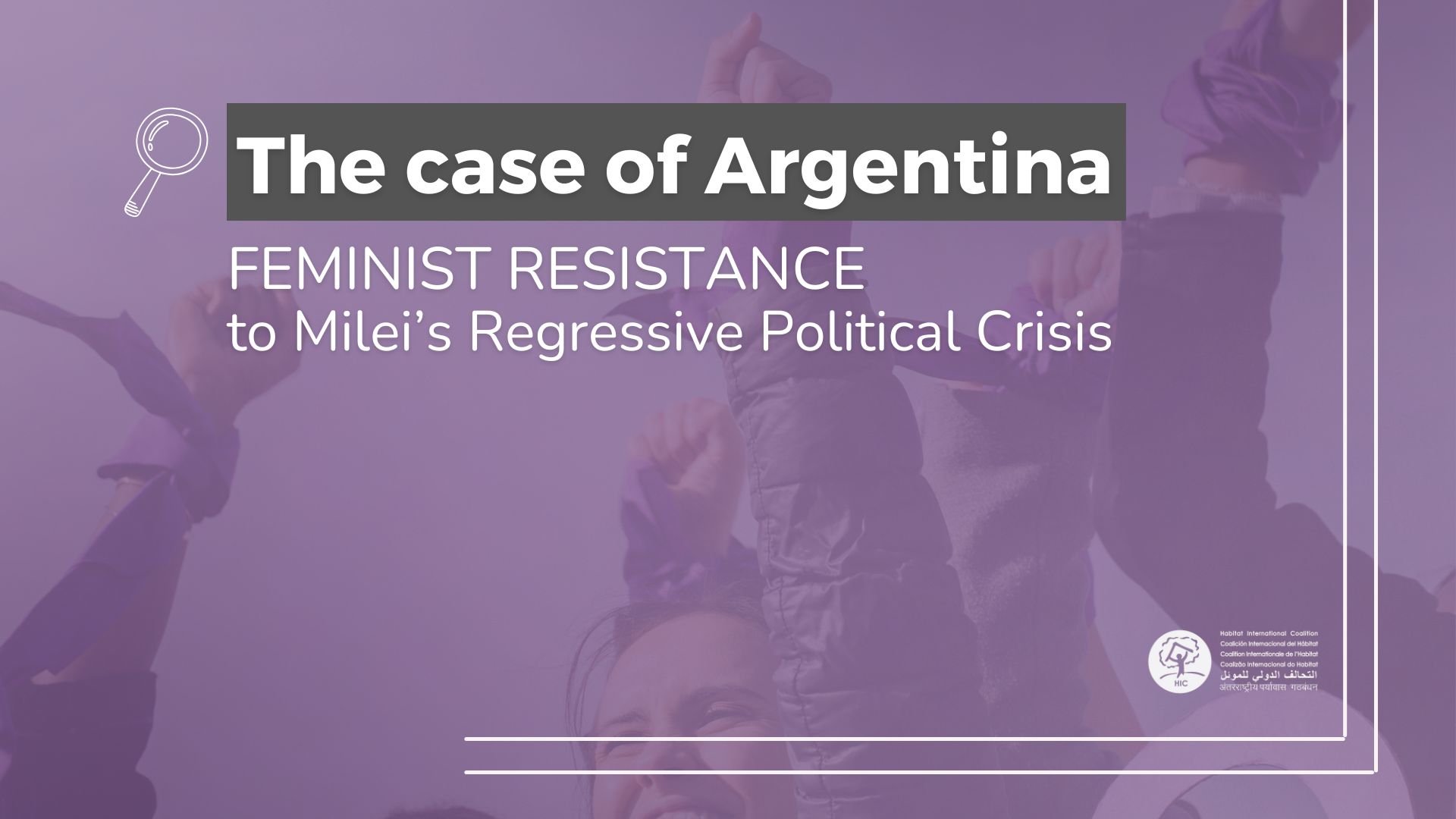
GENEVA—On 2 December 2013, following its review and formal dialog with
the Arab Republic of Egypt, the UN Committee on Economic, Social and Cultural
Rights (CESCR) publicly issued its concluding observations on the state’s
performance under the International Covenant on Economic, Social and Cultural
Rights. This periodic evaluation was severely delayed, while the state failed
to meet its reporting deadline since 2006.
The Committee’s findings were severely critical of Egypt’s social
policies, including a failed social security system; insufficient safeguards
for citizens resorting to work in the informal sector; the reduction of
budgetary proportions on education, health and housing; a regressive tax
system; and the rescinding of subsidies that have led to retrogression in the
human right to food for vulnerable and marginalized groups.
The treaty-monitoring Committee also registered its concerned at the
high proportion of the population, particularly in rural areas, without
adequate access to safe drinking water and sanitation. The group of experts
echoed the recommendations of a 2009 UN report, urging that the state party to
the Covenant allocate adequate human, technical and financial resources to
realize these rights and monitor impacts, especially through the regular
collection of disaggregated statistics.
CESCR noted Egypt’s inadequate investment in affordable housing,
resulting in a high percentage of the population living in informal settlements
that lack adequate infrastructure or basic facilities, while practicing
“widespread forced evictions due to the lack of secure tenure.”
CESCR urged that the state party take steps to ensure that ownership of
houses and land be formally registered, and assist the population in complying
with the relevant legal provisions and registry procedures. It noted Egypt’s
lack of legal definitions of “adequate housing,” “informal settlements, and
“”security of tenure, including with regard to the Egypt 2052 Plan. The
Committee also recommended that Egypt ensure that persons affected by forced
evictions have access to an adequate remedy, restitution of their property and
compensation, as appropriate, taking into account its covenanted obligations
and declaratory law on the subject.
Among the other subjects of the CESCR review were the particular forms
of formal and substantive discrimination against women, the burning of churches
as a violation of Coptic cultural rights, the continuous practice of female
genital mutilation across the country, denial of workers’ rights to strike,
disparities in the provision of health care and the poor quality of public
education. The Committee also urged that Egypt begin adequate measures to
combat corruption at all levels of government, which has hampered the state’s
ability to mobilize available resources to protect and fulfill human rights.
These legal findings coincided with the reform of Egypt’s Constitution,
and CESCR recommended that the country’s new charter to ensure compliance with
human rights treaty obligations. The review also involved the participation of
an Egyptian and international civil society delegation. This historic occasion
saw the cooperation of 58 organizations in Egypt, including HIC-HLRN and
Members, cooperating in the production of a parallel report [Arabic] that covered the range of rights in the Covenant and
provided a critical reference for the Committee’s review.
* To know more,
click here.


